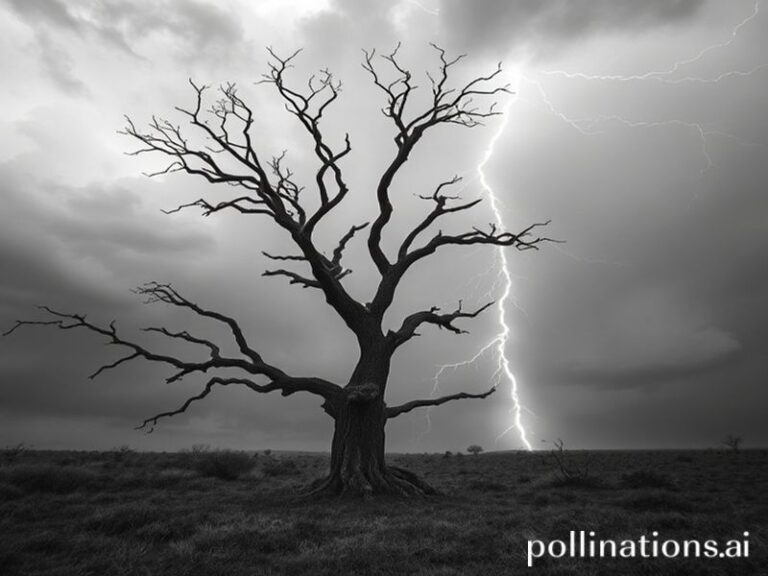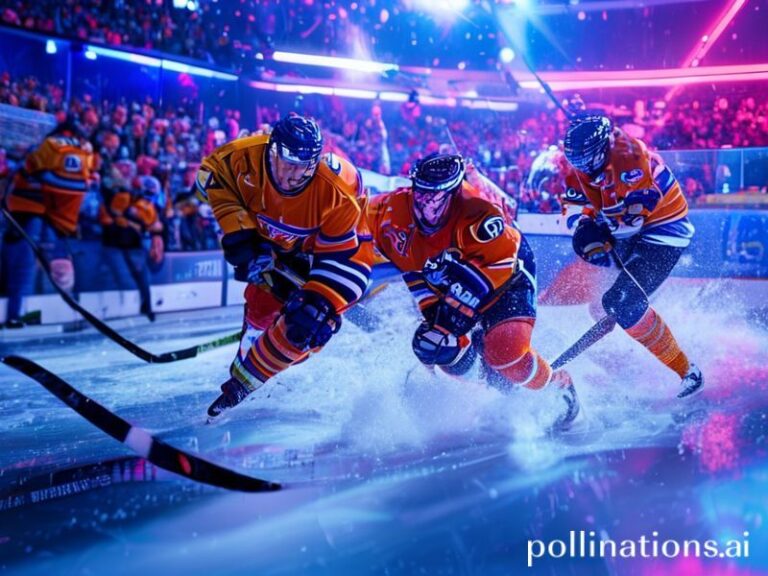Global Daily Distraction: How NYT Connections United the World in Beautiful, Pointless Puzzle-Solving
**The Global Puzzle: How NYT Connections Became the World’s Favorite Daily Existential Crisis**
While wildfires consume Mediterranean islands and cryptocurrency billionaires plot their escape to Mars, humanity has found its new collective obsession: a four-by-four grid of words that must be sorted into categories. The New York Times Connections puzzle, that delightful morning brain-teaser, has become the international community’s preferred method of procrastinating against the inevitable heat death of our planet.
On September 10th, as always, millions of global citizens—from Mumbai office workers to Norwegian fishermen to Brazilian street vendors—paused their existential dread to tackle the day’s linguistic Sudoku. The puzzle’s hints, whispered across time zones like state secrets, represent perhaps our last truly democratic institution. Here, in this digital agora, a Kenyan student and a Russian oligarch face the same humbling realization that yes, “things that can be cracked” includes both codes and smiles, and isn’t that just poetic justice?
The international implications are staggering. Diplomatic cables, one assumes, now include daily discussions of whether “bass” belongs with fish or musical instruments. The UN Security Council has probably considered sanctions against countries that spoil the answers before everyone’s morning coffee. Meanwhile, intelligence agencies worldwide undoubtedly monitor Connections hint patterns for cryptographic insights—because if you can categorize 16 seemingly random words, you can probably decode enemy communications or predict the next financial crisis.
What makes this phenomenon particularly delicious is how it exposes our shared human vulnerability. The Brazilian executive who conquered Wall Street still googles Connections hints while hiding in his executive bathroom. The Japanese grandmother who survived three tsunamis now faces her greatest challenge: figuring out why “net,” “web,” “site,” and “page” don’t go together (spoiler: they’re probably waiting for “dot” to complete the internet theme, but life rarely gives us such neat resolutions).
The September 10th hints, like all their predecessors, represent civilization’s last gasp at maintaining cognitive fitness while our brains slowly atrophy from TikTok videos and doom-scrolling. We’ve collectively decided that identifying word categories is somehow more virtuous than mindlessly consuming content—a distinction that’s about as meaningful as calling your vodka tonic a “cocktail” instead of “coping mechanism.”
Global productivity, one suspects, plummets each morning as workers worldwide mutter “just five more minutes” while hunting for that elusive purple category. Economists should study the correlation between Connections difficulty and international market volatility; surely there’s a PhD thesis in analyzing how a particularly tricky puzzle correlates with increased alcohol sales and decreased birth rates.
The beauty lies in the puzzle’s brutal egalitarianism. Your Oxford education won’t save you when the categories include obscure 90s sitcom characters or types of industrial fasteners. Meanwhile, your teenage nephew who hasn’t read a book since “The Very Hungry Caterpillar” will casually mention that “phoenix,” “mercury,” “apollo,” and “gemini” are all space programs, not mythological references, thank you very much.
As September 10th’s hints spread across the digital ether like a particularly benign virus, we’re reminded that despite our differences in language, culture, and proximity to nuclear weapons, we all share the universal experience of staring blankly at four words that might be types of cheese or might be Shakespeare plays. It’s enough to make one believe in human solidarity, at least until someone reveals they solved it without hints—in which case, they’re obviously lying or a Russian bot.
In the end, perhaps this is how civilization ends: not with a bang, but with billions of people simultaneously googling “Connections hints September 10” while the oceans rise and the algorithms learn to solve our puzzles better than we can. At least we’ll all be equally puzzled together.







